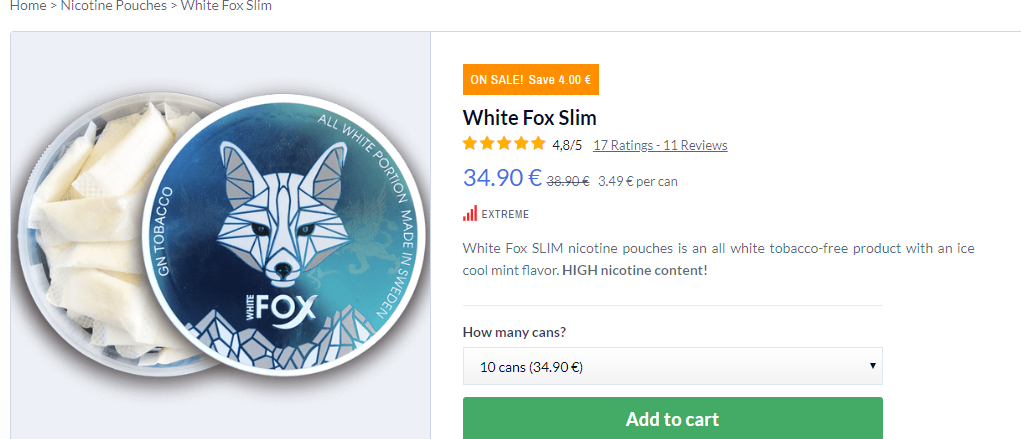NZ Smokefree Tomorrow Limited, is the sole distributor of nicotine pouches in New Zealand. These tea bag-like pouches are placed under the upper lip for about 15 to 30 minutes for the preferred nicotine dose and have the added benefit of being tobacco-free, odour-free, and don’t require spitting.
The firm’s CEO Miles Illemann said that the product is more effective than e-cigarettes and that the companys mission is helping New Zealand achieve smokefree status by 2025. “They just have such a high, proven effective rate. What we’re seeing in European countries is nicotine pouches have a success rate of 60-75 percent in getting people to quit smoking,” said Illemann.
“Vaping has a success rate of around 18 percent and that’s with the help of nicotine patches. Sweden has a 5 percent smoking rate and Norway has an under 5 percent smoking rate for people under the age of 34. Five percent smoking prevalence classifies a country as smokefree. They’re the only ones to do that and it’s because of these products,” he added.
Nicotine pouches do not contain tobacco
“Our product doesn’t give a smoker the habitual motions of inhaling or putting something up to their mouth frequently like vaping does. But 90 percent of quitting is about nicotine drug addiction while only 10 percent of it is about the habit, even though smokers prioritise the habitual importance over the chemical reaction that takes place in the brain” says Illemann. “This product is designed for any smoker or vaper who is looking to get rid of their unsafe way of delivering nicotine.”
Is addiction really chemically induced?
Meanwhile, some research has counter argued Illemann’s statement. A 2016 study published in Frontiers in Psychiatry, following 24 chronic smokers, found that Nicotine addiction is more psychological rather than physical.
The study was conducted by analysing the participants’ brain activity via MRI. Each patient had to visit the research facilities on four occasions, but were only given real cigarettes two times of the four. When given the real cigarettes, they were once told the cigarette was real, and once that it was not, and the same process was repeated with the “fake” cigarettes.
The result? When smoking the real cigarettes, the study subjects only felt satisfied when they knew they were smoking real cigarettes. When told they were not getting nicotine, (even if they were), they did not experience any of the effects of nicotine. On the other hand non nicotine containing cigarettes did not have any effect on the study subjects, irrelevant of what they were told.
Study comparing Camel Snus vs Nicotine Gum for smoking cessation
Aiming to compare the effectivity of two NRTs, a recent study funded by the National Cancer Institute (NCI) found that Camel Snus is relatively as effective as nicotine gum in helping smokers quit smoking. Titled, “Randomised clinical trial of snus versus medicinal nicotine among smokers interested in product switching,” the study was conducted by Dr. Dorothy Hatsukami and colleagues at the University of Minnesota and the Oregon Research Institute. It recruited some 400 smokers who wanted to switch to snus or nicotine gum in order to quit smoking.
The study authors found no significant differences between snus and nicotine gum. “The results showed no significant differences between those assigned to medicinal nicotine vs snus in amount of product use, levels of cotinine attained, the extent to which the product substituted for smoking and rates of avoidance of cigarettes or any nicotine containing products. Furthermore, there were no differences in suppression of withdrawal from cigarettes.”
The NRTI urges physicians to endorse the use of safer tobacco alternatives












